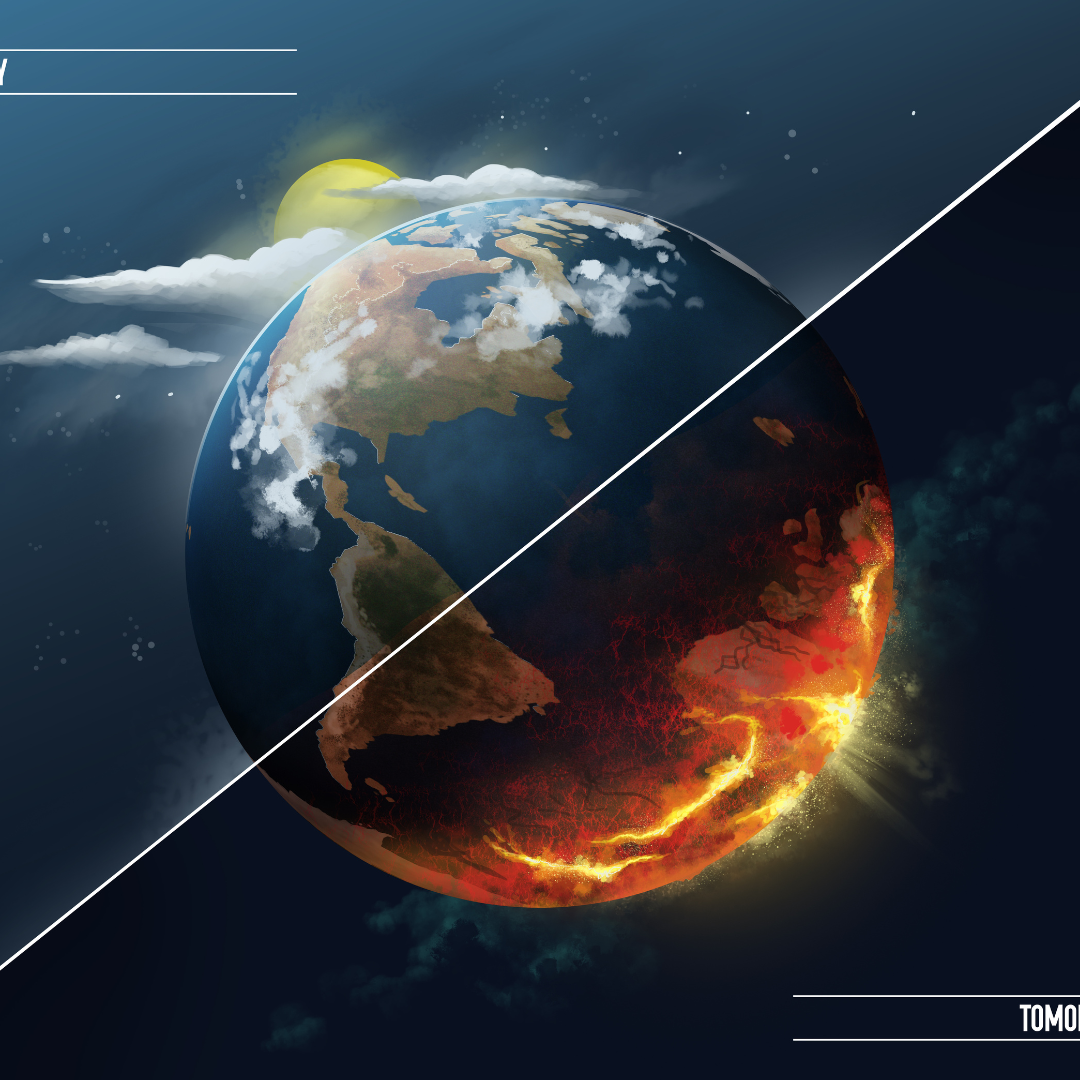
21 Nov. MEP Manuela Ripa (ÖDP) sharply criticizes the results of COP27
Ripa: „With such insufficient decisions we can save ourselves any further climate conferences“
(Brussels/21.11.2022) The COP27 climate conference in Egypt has come to an end without a binding decision to phase out fossil fuels. According to climate researchers, this means that the 1.5-degree target is a long way off. Due to the weak measures adopted so far, global warming of 2.5 to 3 degrees can now be realistically expected – with corresponding consequences for people and the environment. Manuela Ripa, Member of the European Parliament for the ecological-democratic party (ÖDP) notes: “People responsible for the conference do not speak of a failure, but the absolutely insufficient resolutions are exactly that. The fact that preventing a backslide behind the agreements of Paris and Glasgow is already sold as a success in view of the dramatic nature of man-made climate change sounds like a bad joke. One has to ask whether such conferences will make any sense at all in the future if the move away from oil, gas, and coal continues to be postponed. With such insufficient resolutions, we can save ourselves any further climate conferences. Obviously, large CO2 emitters like China or Saudi Arabia have no interest in real climate protection. 3.3 billion people living in areas that are particularly threatened by climate change are paying the bill.“
The MEP welcomes the fact that a fund is to be set up to support countries particularly affected by climate change. However, this is far from sufficient. Efforts must rather be focused on preventing major damage from climate change in the first place by limiting warming to a maximum of 1.5 degrees. The ÖDP politician comments: “The European Union must lead after the bad result of the COP27 now with good example and close co-operation with countries which are ready to take further-reaching measures. Only in this way, the pressure can be exerted at the next COP to persuade all negotiators to do more on climate protection. This includes a shift away from fossil fuels and a 100 percent decarbonized economy. The EU’s ‚Fit for 55‘ package, which aims to cut climate-damaging emissions by 57 percent by 2030 compared to 1990 levels, is a foundation for this. If successful, it will be a model for the rest of the world. Hopefully, by the end of the year, there will also be a compromise on the reform of the Emissions Trading Scheme (ETS) and the Carbon Boundary Adjustment Tax (CBAM). In the ETS, shipping must also be included in the future and the free allocation of certificates to aviation should be abolished. In addition, to keep European industry competitive and to reduce CO2 emissions globally, we need a CO2 tariff on imports from countries that take climate protection less seriously.“
In addition to the climate crisis, Manuela Ripa also recalls the second major ecological disaster of our time, namely the massive loss of biodiversity. Even if COP27 is not exactly encouraging, the MEP nevertheless calls on all participating states of the biodiversity conference COP15 in Montreal in December to agree on far-reaching decisions. Since one million species are threatened with extinction, courage is needed in Montreal to come up with drastic measures.

